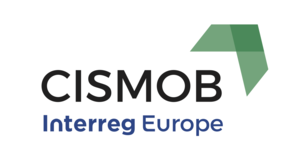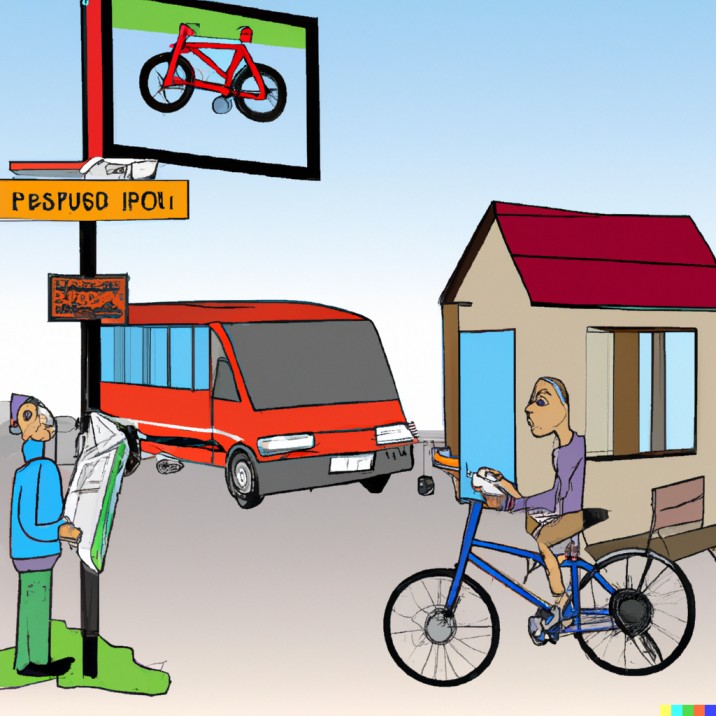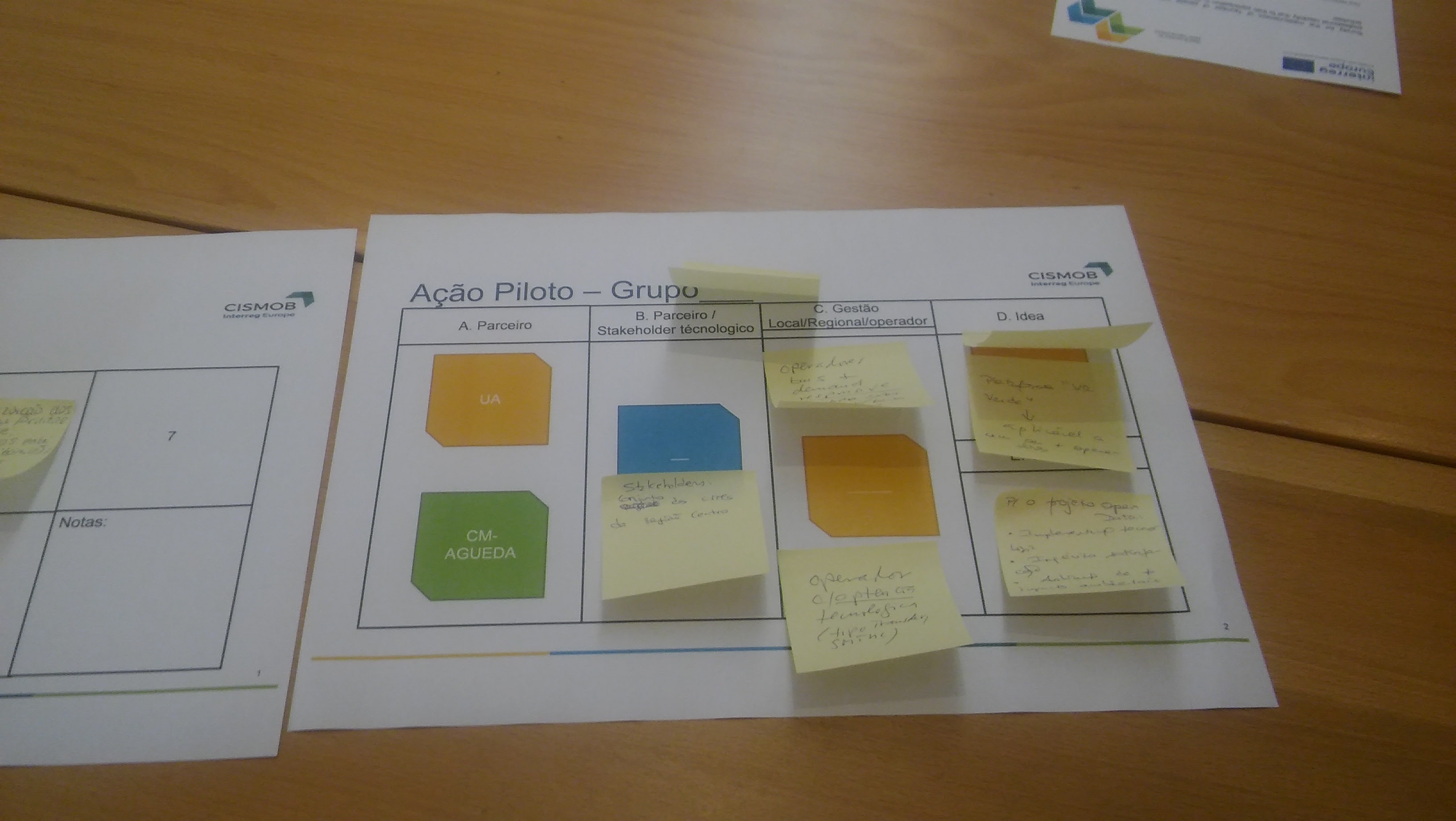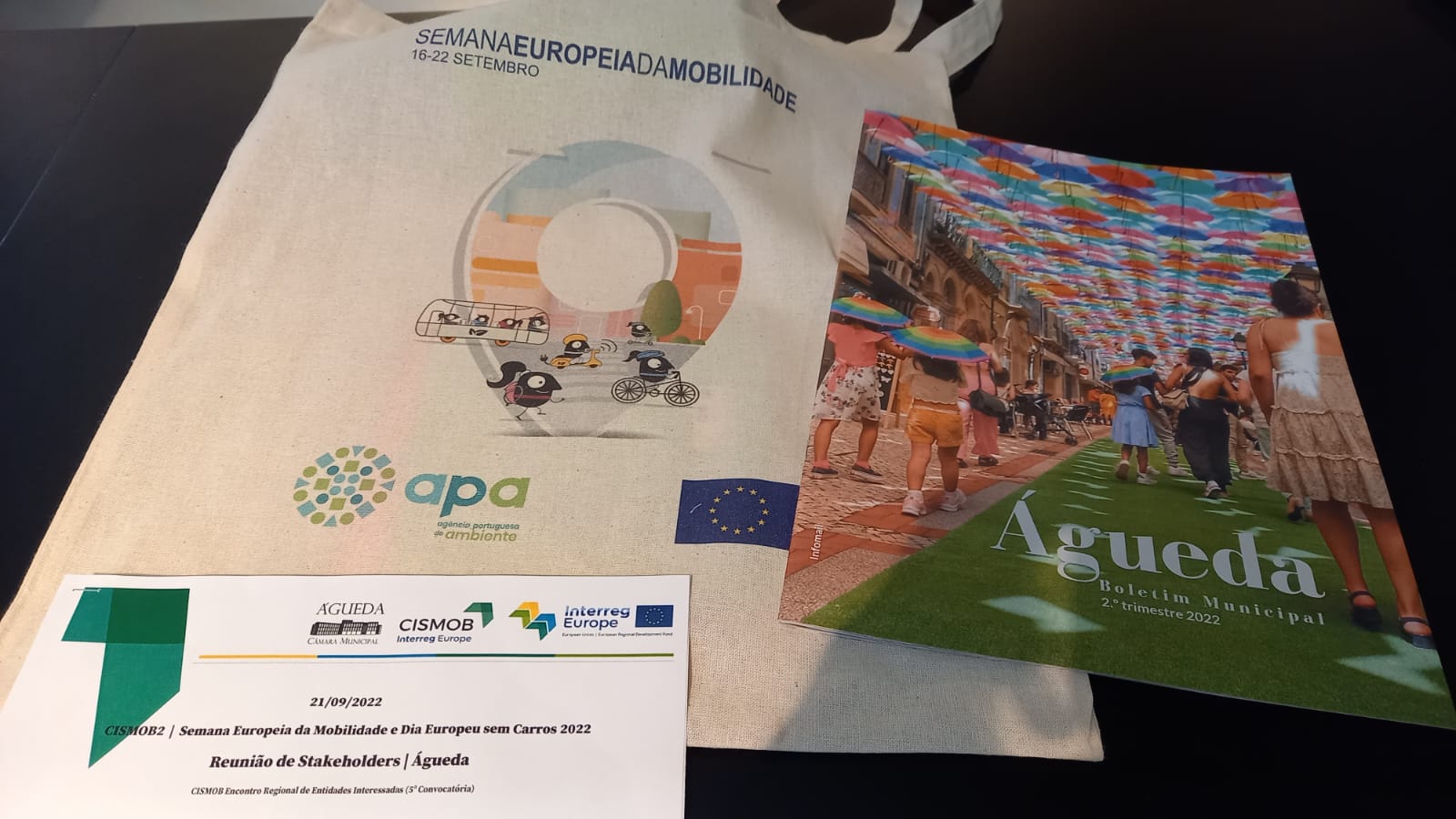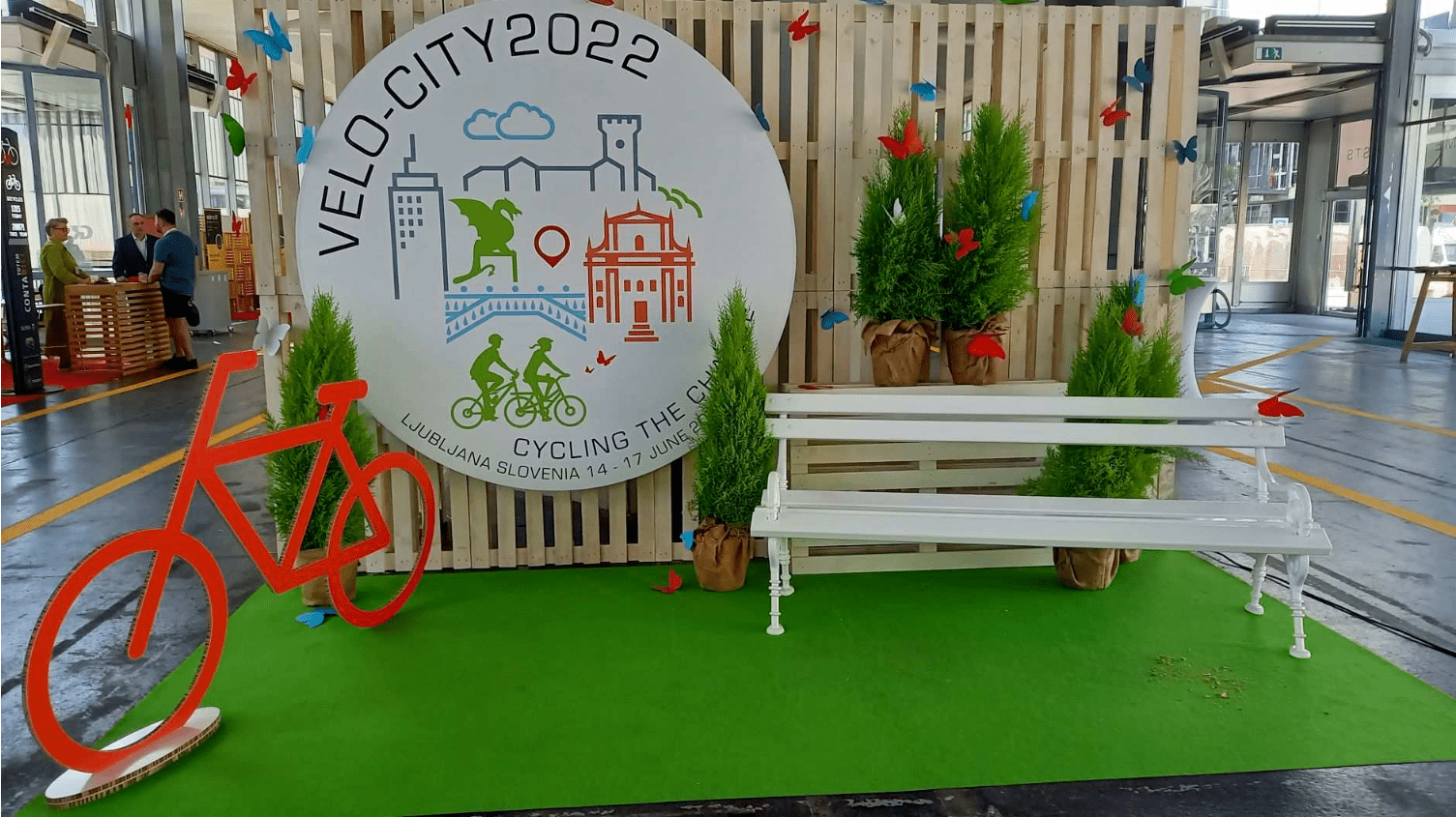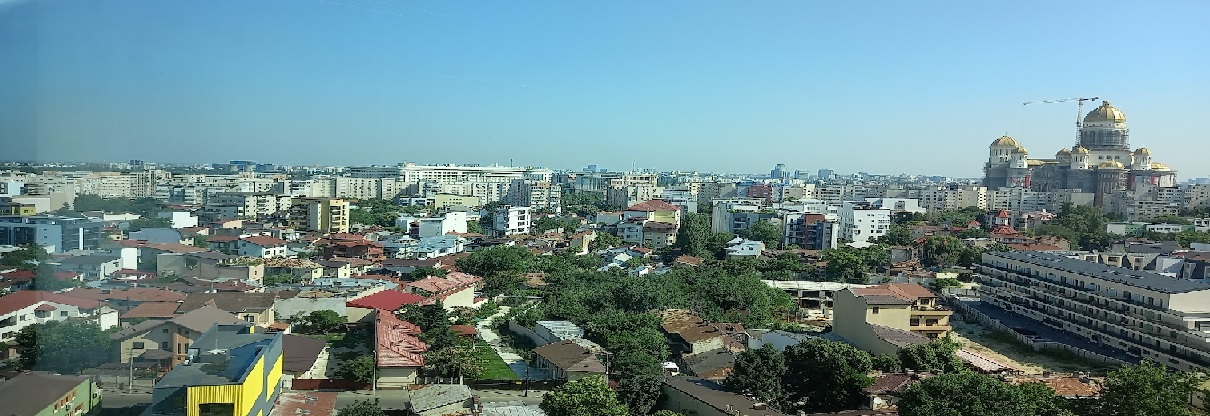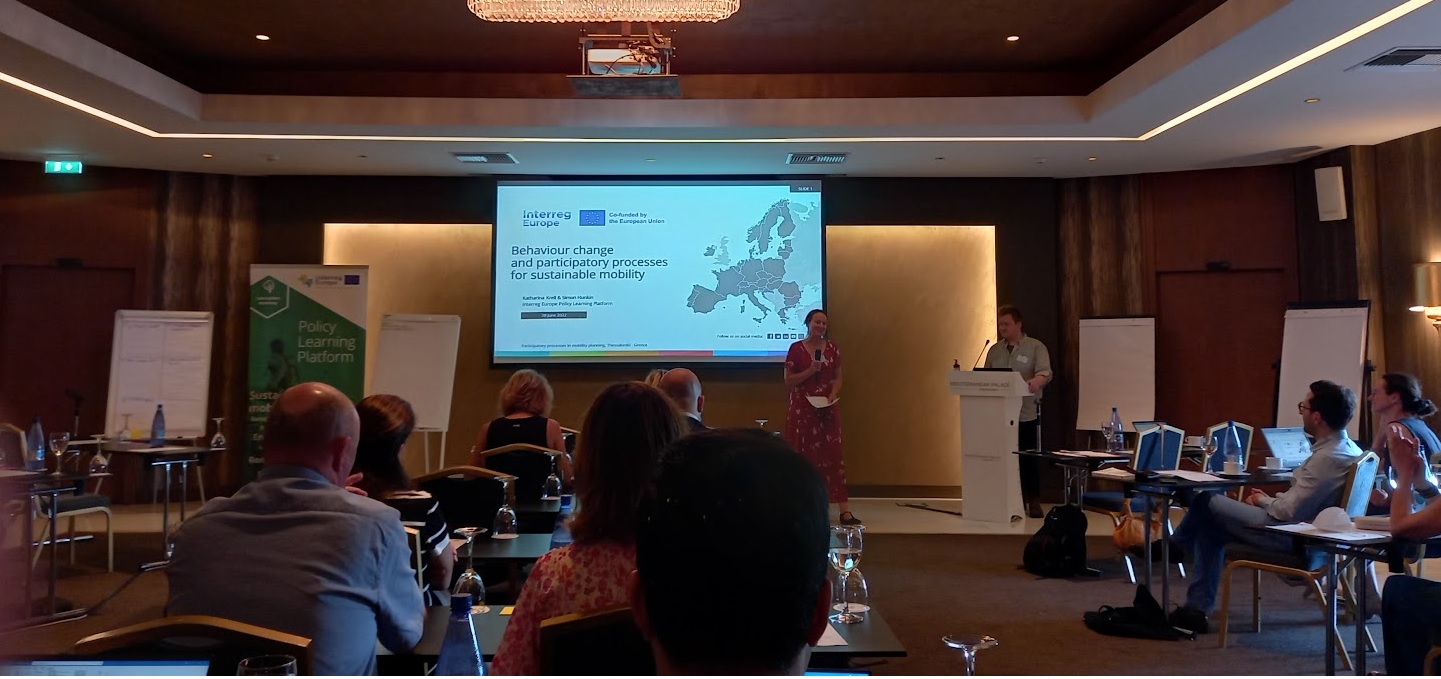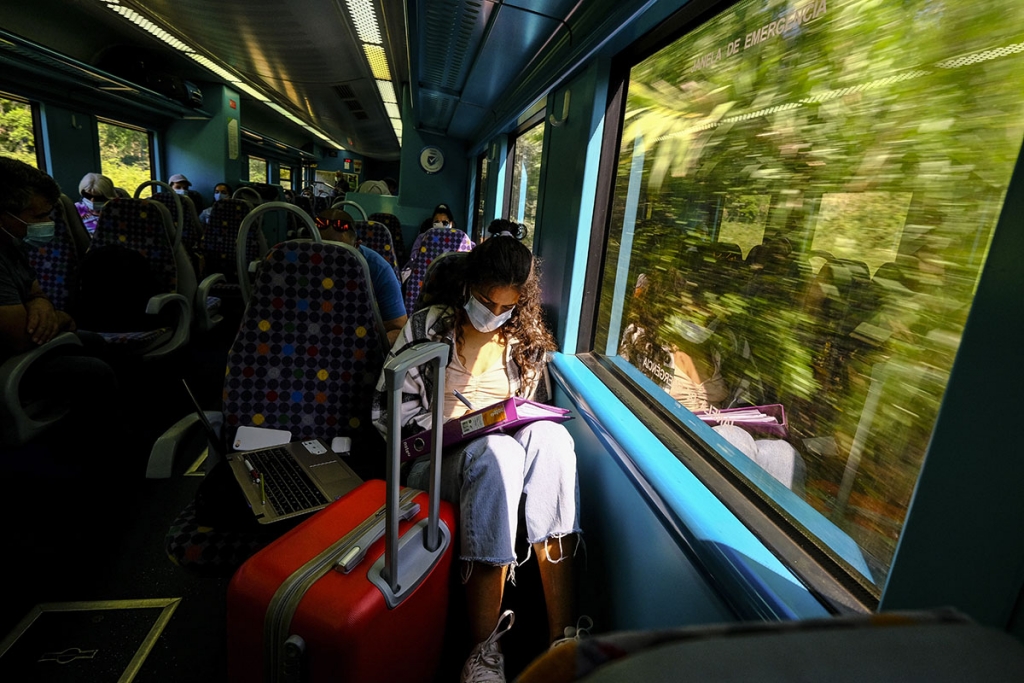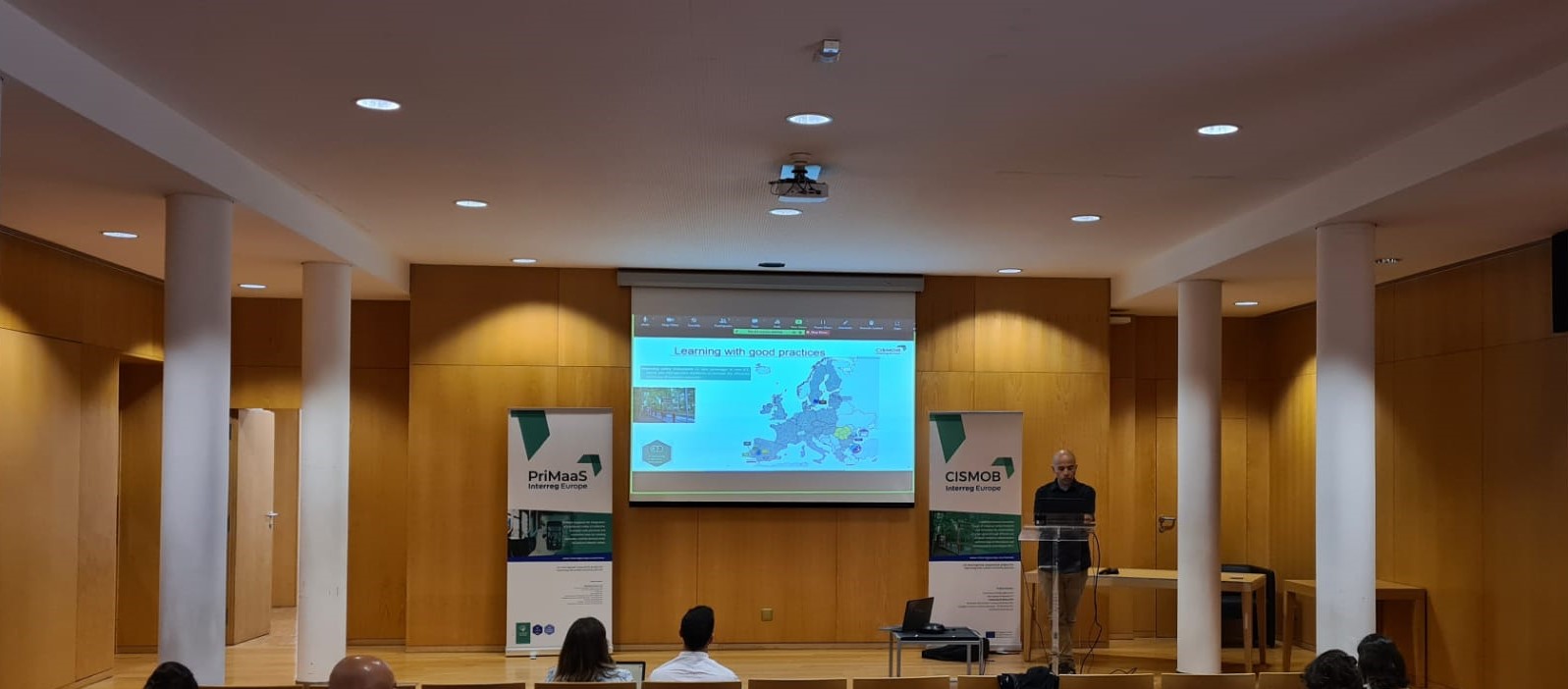The last semester of the first phase of CISMOB was particularly intense in view of the development of the action plans for the policy instrument and structural funds addressed in CISMOB.
Taking advantage of the two interregional meetings in October and March in Bucharest and in Centro Region, Portugal the LP, PP3, PP4 and PP5 have organized two regional stakeholders meetings immediately after the respective Building capacity workshops. These discussion forums were very important to assess the initial reaction of local stakeholders to the good practices presented previously by the international stakeholders.
In both regions, local stakeholders expressed interest in the measures presented by the Stockholm partners to support cycling and associated services based on ICT tools. Stakeholders showed also interest in testbed platforms and co-creation arenas where the future of urban digital life is being developed, tested and showcased in the real city (ICT Arena).
After these meetings, the CISMOB partners discussed informally with the stakeholders how these good examples could be imported into their own regional context and reflected in the action plans. On the 30th of March, the Romanian partners presented to the managing authority (Ministry of Regional Development) the proposed actions, their timeframe and costs of the action plan for the National OP Romania 2020. A few days later the LP met with the MA of Centro region to formally present the action plan for the Regional OP Centro 2020.
The partners from Agenex (PP6) were particularly interested in fostering the use of electric mobility in Extremadura, taking advantage of the favourable climate conditions of this region. For achieving these goals, PP6 organized staff exchanges and invited kea stakeholders to see in loco the interoperable charging spots in Portugal and the e-bike sharing system in the city of Águeda. The outcomes of the exchange of experience events were particularly useful to design the action plan for the Regional OP of Extremadura 2020 and integration of these objectives of the regional strategy for Extremadura 2030.
One factor gaining increasing prominence was the role of mobility as a service. This recent concept was not among the main discussion topics of the CISMOB project, but it will certainly be a topic to be considered in future regional transport policy and strategic plans.
In the next days, the final versions of action plans will be available at library of each website.
As a new transport authority, the Intermunicipal Community of the Region of Coimbra (CIM RC) plays a key role in the implementation of the CISMOB pilot action. On 25 May in Coimbra, the representatives of CIM RC host the UA team, and a local public transport private operator (Transdev) to discuss technical issues regarding the implementation of the real-time information prototype in buses operating in the city of Cantanhede and in a regional service to be selected. A second meeting took place with those responsible for implementing the GIS platform of the CIM RC that will collect in real time the position of the various buses equipped with the CISMOB prototype.
Simultaneously, teams from the University of Aveiro and Stockholm University are drawing up a preliminary survey on citizens' perceptions regarding the usefulness of the various platforms for disseminating information in real time. These results will be important in fine-tuning how real-time information will be transmitted to users across multiple platforms (web, smartphone, conventional calling, and bus stop monitors).


